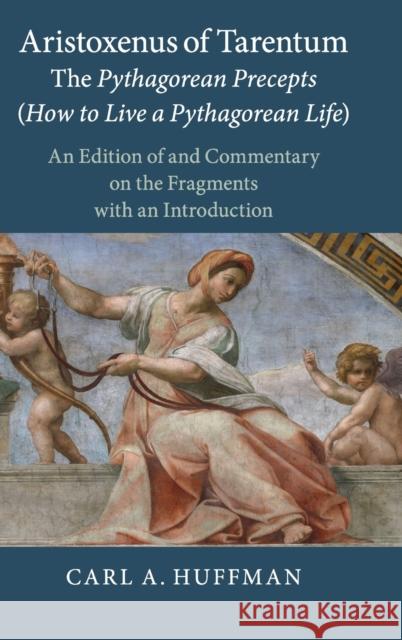Aristoxenus of Tarentum: The Pythagorean Precepts (How to Live a Pythagorean Life) » książka
topmenu
Aristoxenus of Tarentum: The Pythagorean Precepts (How to Live a Pythagorean Life)
ISBN-13: 9781108425315 / Angielski / Twarda / 2019 / 646 str.
Aristoxenus of Tarentum: The Pythagorean Precepts (How to Live a Pythagorean Life)
ISBN-13: 9781108425315 / Angielski / Twarda / 2019 / 646 str.
cena 1074,69
(netto: 1023,51 VAT: 5%)
Najniższa cena z 30 dni: 698,28
(netto: 1023,51 VAT: 5%)
Najniższa cena z 30 dni: 698,28
Termin realizacji zamówienia:
ok. 16-18 dni roboczych
Bez gwarancji dostawy przed świętami
ok. 16-18 dni roboczych
Bez gwarancji dostawy przed świętami
Darmowa dostawa!
The first detailed study of The Pythagorean Precepts, which present the Pythagorean way of life praised by Plato.











